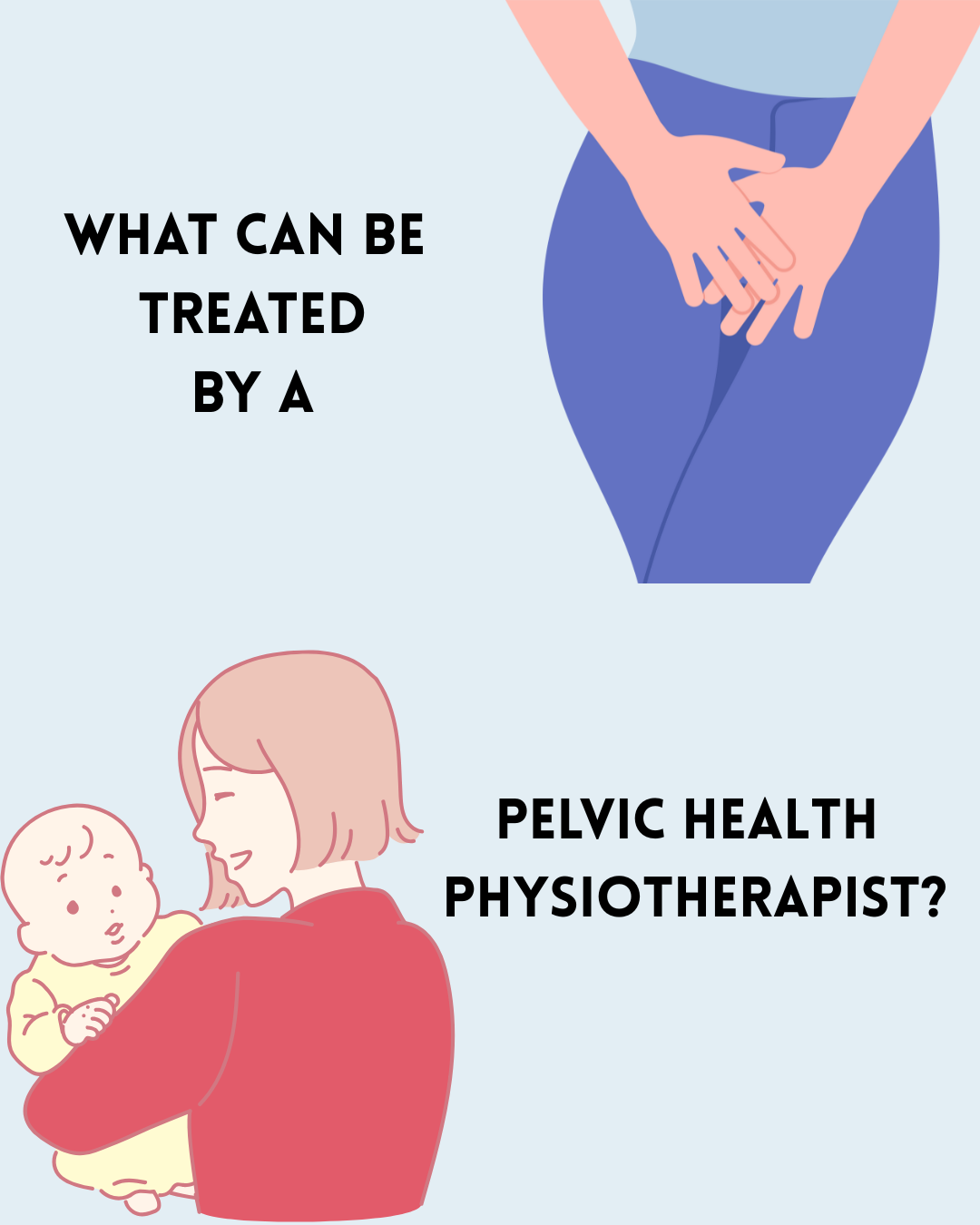Pelvic Health Physiotherapy: A Key to Restoring Strength and Function
Pelvic health is an essential yet often overlooked aspect of overall well-being. Many individuals, particularly women, experience pelvic health issues that impact their daily lives, causing discomfort, pain, or dysfunction. Pelvic health physiotherapy is a specialized form of physiotherapy aimed at assessing and treating conditions related to the pelvic floor muscles, ligaments, and connective tissues.
Whether you’re recovering from childbirth, dealing with pelvic pain, or managing conditions like incontinence, pelvic health physiotherapy offers effective, non-invasive solutions. In this article, we’ll explore what pelvic health physiotherapy involves, who can benefit from it, and how it plays a crucial role in postpartum recovery and women’s health physiotherapy.
Understanding Pelvic Health Physiotherapy
Pelvic health physiotherapy focuses on the function of the pelvic floor—a group of muscles that support the bladder, uterus, and rectum. These muscles play a vital role in core stability, bowel and bladder control, and sexual function. When the pelvic floor muscles become weak, tight, or imbalanced, they can lead to a range of uncomfortable symptoms, including:
-
- Pelvic pain
-
- Urinary or fecal incontinence
-
- Painful intercourse
-
- Lower back pain
-
- Heaviness or pressure in the pelvic area (often linked to pelvic organ prolapse)
Pelvic physiotherapists use evidence-based techniques to assess, diagnose, and treat these dysfunctions, helping patients restore strength, mobility, and confidence.
Common Conditions Treated with Pelvic Health Physiotherapy
1. Postpartum Recovery
One of the most common reasons women seek pelvic health physiotherapy is for postpartum physiotherapy. Pregnancy and childbirth place significant strain on the pelvic floor muscles, which can lead to issues such as:
-
- Urinary leakage (stress incontinence)
-
- Diastasis recti (abdominal muscle separation)
-
- Pelvic organ prolapse
-
- Pelvic pain or perineal trauma after vaginal delivery
Postpartum physiotherapy focuses on rehabilitating these muscles, improving core stability, and preventing long-term complications. Early intervention can help new mothers regain strength and confidence in their bodies after childbirth.
2. Pelvic Pain Treatment
Pelvic pain can affect individuals of all ages and genders. It can stem from various causes, including muscle tightness, nerve irritation, endometriosis, or post-surgical complications. Pelvic health physiotherapy plays a critical role in pelvic pain treatment by:
-
- Releasing tight pelvic floor muscles
-
- Improving blood flow to the area
-
- Addressing posture and movement patterns contributing to pain
-
- Using manual therapy and relaxation techniques to reduce discomfort
For those experiencing chronic pelvic pain, physiotherapy offers a holistic and long-term approach to managing symptoms without relying solely on medications.
3. Urinary Incontinence and Bladder Dysfunction
Leaking urine while sneezing, coughing, or exercising is a common yet frustrating issue, particularly among postpartum women and older adults. This physiotherapy helps strengthen the pelvic floor muscles to improve bladder control and reduce episodes of leakage. Specific exercises like Kegels, biofeedback, and bladder retraining techniques are often used to address incontinence issues.
4. Pelvic Organ Prolapse
Pelvic organ prolapse occurs when the pelvic organs drop due to weakened pelvic floor muscles, leading to sensations of heaviness, pressure, or discomfort. Women who have experienced multiple pregnancies, vaginal deliveries, or chronic constipation are at higher risk. Physiotherapy can help by strengthening the pelvic muscles, teaching proper lifting techniques, and offering lifestyle modifications to prevent worsening symptoms.
5. Painful Intercourse (Dyspareunia)
Many women experience pain during intercourse due to muscle tightness, scar tissue from childbirth, or conditions like vaginismus. Pelvic physiotherapy helps by using relaxation techniques, manual therapy, and exercises to reduce tension and improve flexibility in the pelvic region.
What to Expect in a Pelvic Health Physiotherapy Session
A pelvic health physiotherapy session typically begins with a thorough assessment, which may include:
-
- A discussion of symptoms, medical history, and lifestyle factors
-
- An external and/or internal examination of the pelvic floor muscles
-
- Postural and movement analysis to identify contributing factors
Treatment plans are personalized and may include:
-
- Pelvic floor exercises – Strengthening or relaxing the muscles as needed
-
- Manual therapy – Hands-on techniques to release tight muscles and improve mobility
-
- Bladder and bowel training – Strategies to improve control and function
-
- Education on posture and breathing – Teaching proper mechanics to reduce strain on the pelvic floor
The Role of Pelvic Health Physiotherapy in Women’s Health
Women’s health physiotherapy extends beyond pelvic floor issues to include a range of conditions such as:
-
- Pre- and postnatal care
-
- Osteoporosis prevention
-
- Post-surgical rehabilitation (e.g., after hysterectomy or C-section)
-
- Managing menopause-related changes in the pelvic floor
By incorporating pelvic physiotherapy into women’s healthcare, individuals can experience improved quality of life and long-term wellness.
Why Seeking Treatment Early is Important
Many people hesitate to seek help for pelvic health issues due to embarrassment or lack of awareness. However, early intervention can prevent conditions from worsening and improve overall function. Whether you’re recovering from childbirth, managing chronic pain, or experiencing bladder control issues, pelvic health physiotherapy offers effective, evidence-based solutions.
Conclusion
Pelvic health physiotherapy is a crucial component of holistic healthcare, helping individuals regain control over their bodies and live pain-free. Whether you’re looking for postpartum physiotherapy, pelvic pain treatment, or support for women’s health physiotherapy concerns, seeking registered therapists help can make a significant difference.
If you’re experiencing any pelvic health issues, don’t hesitate to reach out to Kendra Dundas who has training in pelvic health. With the right guidance and treatment plan, you can restore strength, function, and comfort in your body.

